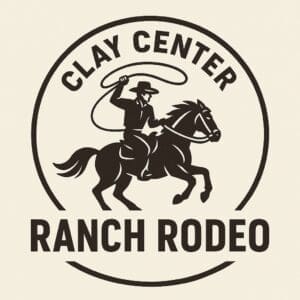By Trish Svoboda
In early March, Wheat Rx seminars provided growers with expert guidance on maximizing the genetic potential of wheat varieties for their specific locations and operations, and on utilizing research-based methods to produce high-yield, high-quality wheat.
These seminars were held in Dodge City and Wichita. The speaker lineup included top experts from Kansas State University who discussed topics such as cover crops, soil health, soil fertility, fungicides, and the economics of wheat production.
K-State’s Agricultural Economics professors, Gregg Ibendhal and Daniel O’Brien, discussed wheat profitability trends in Kansas, highlighting machinery costs and the impact of the Russian/Ukraine war on futures markets. They also touched on global wheat supply and demand.
Assistant Professor Kelsey Andersen Onofre presented on major wheat diseases in Kansas, including stripe rust, WSMV, and scab. She shared insights from her research on disease management, focusing on application timing, dual applications, plant population influence, and fungicide effectiveness.
Post-doctoral student Carlos Pires talked about improving soil health through regenerative agriculture practices. He emphasized the benefits of no-till farming, cover crops, biodiversity, and continuous living roots. He concluded that integrating cover crops into crop rotation enhances soil health but requires investment and time.
The seminar concluded with Professor Ruiz Diaz discussing wheat fertility management, focusing on key nutrients and strategies to manage yield and quality.
The seminars are part of Wheat Rx, a collaboration between Kansas Wheat and K-State Research and Extension. The aim is to share the most recent research suggestions for producing high-yield and superior-quality wheat with Kansas wheat farmers.













